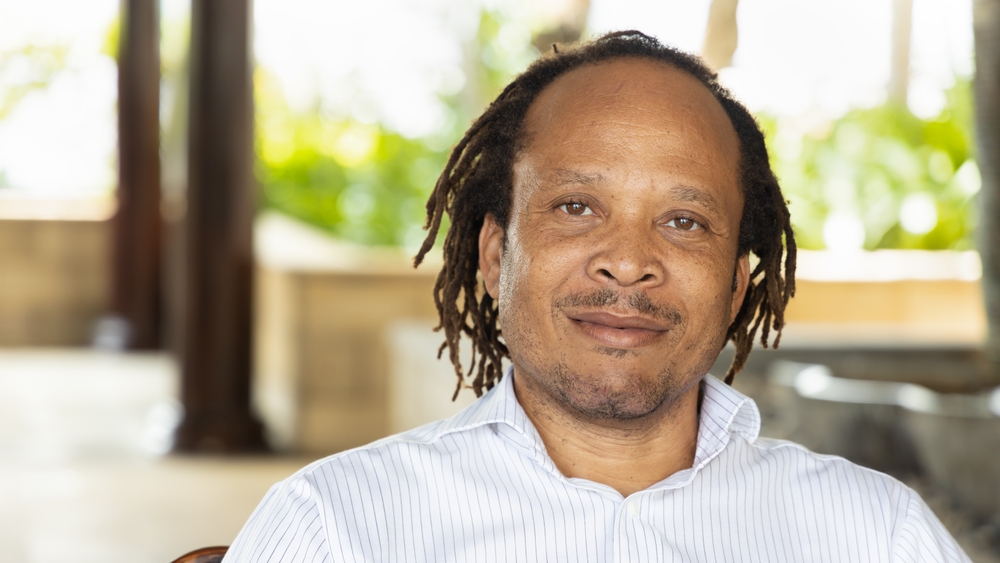Life experiences, especially those from childhood, shape who we become. While most of us carry some emotional baggage, unresolved childhood trauma can leave deeper scars. It’s not always obvious, but certain behaviors can be indicators. These aren’t meant to label anyone, but rather to shed light on how past experiences can affect us in subtle ways.
1. They just can’t bring themselves to trust people.

Building healthy relationships can be difficult for someone who experienced trauma as a child. They might find it hard to believe in other people’s good intentions, always expecting betrayal or disappointment. This deep-rooted distrust can lead to isolation and difficulty maintaining close connections.
2. They often deal with emotional dysregulation.
 provided by Shutterstock
provided by Shutterstock
Childhood trauma can disrupt the development of emotional regulation skills, per WebMD. This might manifest as intense outbursts of anger, overwhelming sadness, or extreme anxiety. They may have trouble identifying and expressing their feelings in a healthy way, often resorting to unhealthy coping mechanisms like substance abuse or self-harm.
3. They exhibit hypervigilance or a constant sense of danger.

A heightened sense of alertness and a feeling that danger is always lurking can be a sign of unresolved trauma. They might be easily startled, have difficulty relaxing, and constantly scan their surroundings for threats, even in safe situations. This state of hypervigilance can be exhausting and contribute to chronic stress.
4. They experience flashbacks or nightmares.

Intrusive memories of the traumatic event, known as flashbacks, can be distressing and disruptive. These flashbacks can feel like reliving the experience, complete with vivid sensory details. Nightmares related to the trauma can also be a frequent occurrence, leading to sleep disturbances and further emotional distress.
5. They avoid certain places, people, or situations.

Avoidance is a common coping mechanism for people with unresolved trauma. They might avoid places that remind them of the traumatic event, people who were involved, or situations that trigger painful memories. This avoidance can limit their lives and prevent them from fully engaging in the world around them.
6. They have low self-esteem and a negative self-image.

Childhood trauma can leave lasting damage to a person’s sense of self-worth. They might believe they are unworthy of love or happiness, carry a sense of shame, or feel fundamentally flawed. This negative self-image can affect their relationships, career choices, and overall well-being.
7. They struggle with intimacy and emotional connection.

Forming and maintaining intimate relationships can be challenging for someone who has experienced trauma. They might fear vulnerability, struggle to trust people emotionally, or have difficulty expressing their needs and desires. This can lead to a cycle of unstable or unsatisfying relationships.
8. They engage in self-destructive behaviors.

Unresolved trauma can manifest in a variety of self-destructive behaviors. This might include substance abuse, eating disorders, self-harm, or engaging in risky sexual activities. These behaviors can be a way of numbing emotional pain, seeking control, or punishing oneself.
9. They have difficulty maintaining healthy boundaries.

Childhood trauma can disrupt the development of healthy boundaries, leading to difficulty saying “no,” feeling responsible for everyone else’s feelings, or allowing people to violate their personal space or boundaries. This can result in unhealthy relationships and patterns of codependency, Psych Central explains.
10. They struggle with chronic physical health problems.

Unresolved trauma can manifest in physical symptoms like chronic pain, headaches, digestive issues, or autoimmune disorders. This is often due to the long-term effects of stress on the body, as trauma can trigger a constant state of fight-or-flight response, leading to wear and tear on the body’s systems.
11. They exhibit perfectionism or a need for control.

A need for perfection and control can stem from a desire to avoid the chaos and unpredictability that often accompany traumatic experiences. They might set excessively high standards for themselves and others, micromanage tasks, or have difficulty delegating. This can lead to stress, burnout, and strained relationships.
12. They have difficulty with focus and concentration.

Trauma can affect cognitive functions, making it difficult to concentrate, stay focused, or complete tasks. This can impact academic performance, work productivity, and daily life activities. The mind might be preoccupied with worries or intrusive thoughts, making it hard to stay present and engaged.
13. They experience dissociation or a sense of detachment from reality.

Dissociation is a coping mechanism where a person mentally or emotionally disconnects from their surroundings or their own thoughts and feelings. This can manifest as feeling spaced out, losing track of time, or experiencing a sense of detachment from one’s body or emotions. It can be a way of escaping overwhelming emotions or memories.
14. They have a distorted sense of time and age.

Childhood trauma can distort one’s sense of time and age. They might feel stuck in the past, reliving traumatic events as if they are happening in the present. They might also feel older than their chronological age, carrying the weight of their experiences and feeling like they missed out on a carefree childhood.
15. They seek validation and approval from other people.

A need for external validation can stem from a lack of self-worth and a desire to feel loved and accepted. They might constantly look for other people’s approval, prioritize everyone else’s needs over their own, or fear rejection and abandonment. This can lead to unhealthy relationships and a dependence on other people for a sense of self-worth.



